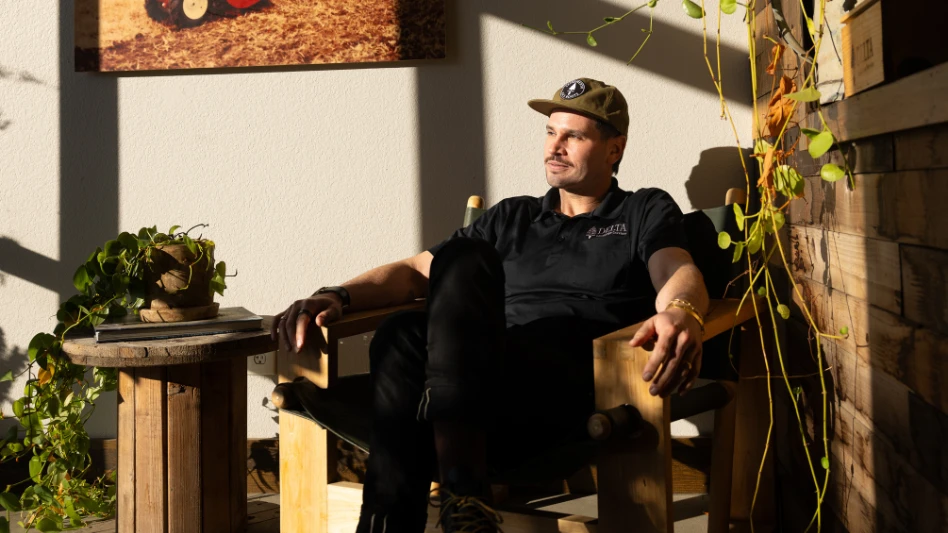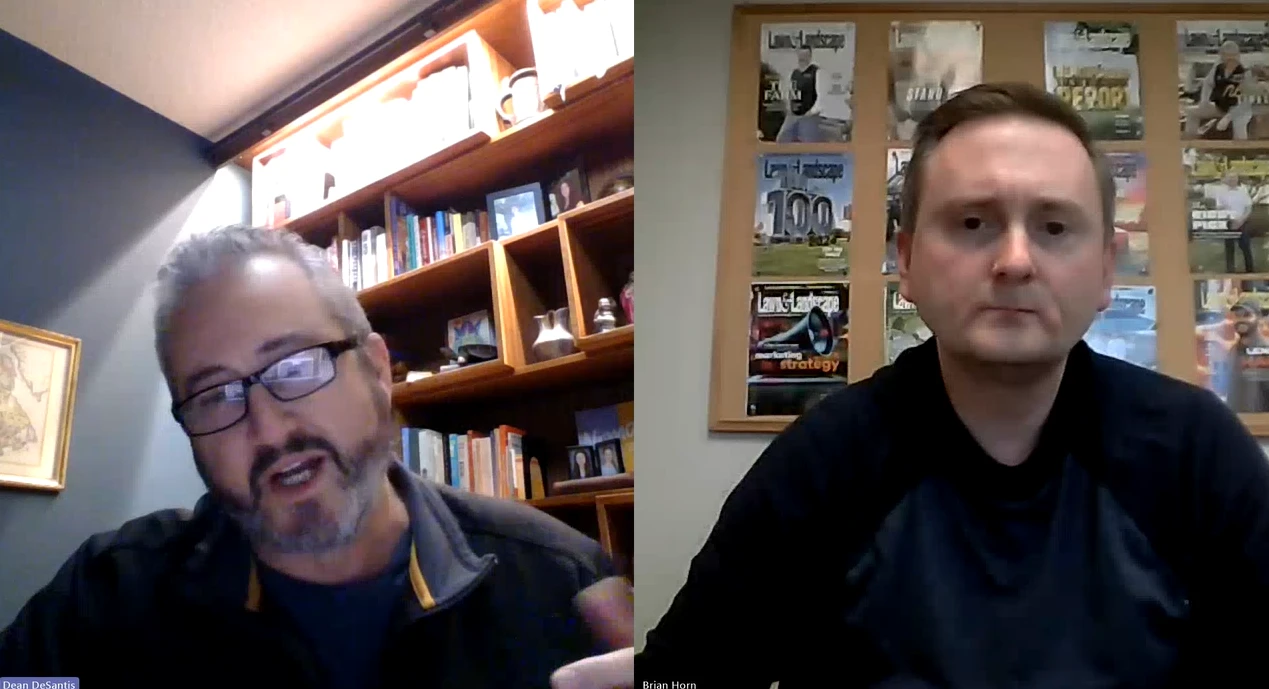 Michael Cook has served in a couple of roles with TruGreen, both giving him a unique perspective on the business. From 1992 to 2000, he served as CFO of the company, except for a couple of years in the mid 1990s when he managed a pest control company Service Master acquired in the United Kingdom. He left in 2000, taking a break from the working world, but rejoined the company as a franchisee in 2002 and now has locations in Jackson, Tenn., Tupelo, Miss., and Baton Rouge, La. Lawn & Landscape spoke with him about the differences working as an executive and working as a franchisee.
Michael Cook has served in a couple of roles with TruGreen, both giving him a unique perspective on the business. From 1992 to 2000, he served as CFO of the company, except for a couple of years in the mid 1990s when he managed a pest control company Service Master acquired in the United Kingdom. He left in 2000, taking a break from the working world, but rejoined the company as a franchisee in 2002 and now has locations in Jackson, Tenn., Tupelo, Miss., and Baton Rouge, La. Lawn & Landscape spoke with him about the differences working as an executive and working as a franchisee.
What was it like to transition from executive to owning franchises?
I’m extremely oriented toward work. And it was very difficult for me to not be working. I found that I was tending to organize parts of my life as if I were employed. Even when I met somebody, sort of wanting to be able to pull out a business card so you’d have that summary of everything that is important about me or worth knowing, all my contact information. There were some practical things like wanting to have enough employees to create a group to purchase health insurance. On the other hand, it was my sense at the time, and remember, this is sort of at the end of the 1990s and the great investment gains in the stock market. It seemed to me it would be more likely if I put my time and effort into a small business that it might yield better results than marketable securities would for the foreseeable future. I think that kind of turned out to be right. I’m not saying I’m a shrewd investor, but it was time to produce something with sweat equity.
What were the challenges in being an executive to becoming a franchisee?
Moving from the type of job where there is a staff and you are trying to supervise the other people and getting the other things done. Your primary job is to be in that role of helping train them and to get other people to do work for you. It’s being responsible for it, but not really putting your fingers on the keyboard as much as somebody else would – having to do all of that myself was a big change. I was working with accountants that knew what to do and it was my job to organize how we did it.
How do you manage your current employees?
At this point, we have about 20 employees and it’s not like any of them are accountants. They’re great people, they’re terrific employees, and a lot of hard working people, but we’re not trying to get accounting done now. I know they are all working as hard as I could ask them too. I find there’s an awful lot of stuff that I need to do because of my skill set and there’s really nobody that can do what I do the same way that I can do it. It doesn’t make sense for me to add someone to the staff just so I could have someone do my job. It’s a completely different thing. In some ways, it’s plainly better. And some days at the end of the day, you are thinking, “Man, I wish I had somebody to help me do this stuff.”
Is there anything you’d do differently now than when you did when you started out?
I was attempting to manage it more as an investor rather than as a day-by-day participant in the business. I was here, but I wasn’t as involved as I am now. That was a big mistake on my part. If you are going to put your money in a small business, you have to be there every day and work it every day. I didn’t do that at first. It took me awhile to catch on to that and I was wrong. My advice would be to get involved and stay involved. I bought an existing franchise, and it was close to Memphis. So, I was able to sort of act like, ‘I’ll go up once a week and check on this person and check on the manager that was in the business and we’ll just do it that way,’ and that wasn’t a good solution. So, after a while, I asked my wife to join me in the business. And rather than driving an hour every day, we sold our home in Memphis and moved to Jackson and now we’re here earlier than almost everybody, and we stay later than almost everybody. It’s all the things you’ve always heard about small businesses is that you have to work harder than you ever had in your life. It took me a while to figure out that I couldn’t avoid those truths but I’m having fun doing it.
Why do you think you are having fun and working harder?
I worked for some great people and particularly during the 90s we had a great thing going, but I got to a point where I feel like I went in reverse in my career. I started as an executive and I keep working my way back closer and closer to being on the sharp end of things. But there’s just a piece of me that wanted to prove that I could do this part. I have a lot of respect for small biz owners and these guys that take these chances, make something and do it by their own hard work, and I wanted to be one of those people. And they say a lot of people get to a point in their lives where they want to mentor younger people and that’s been a big part of my personality. You see these younger people like the guys I have working for me. And it’s pretty easy and sort of our national conversation we tend to sometimes overlook how smart and hard working these people are. It’s fun to work with them and it’s fun to be that person that helps them see a way to find success. And I like growing the business because it’s good for me in the long run. But it also gives me the chance to reward people’s hard work by being able to promote them and give them more responsibility.

Explore the July 2012 Issue
Check out more from this issue and find your next story to read.
Latest from Lawn & Landscape
- Wilson360 adds Daniel Grange as new consultant
- Batman and business
- CH Products releases new tree stabilizer
- Savannah Bananas founder Jesse Cole to speak at Equip Exposition
- Catch up on last year's Benchmarking report
- Davey Tree promotes Kevin Marks as VP of Western operations
- Bobcat Company names 2025 Dealer Leadership Groups
- Green Lawn Fertilizing/Green Pest Solutions awards employee new truck for safe driving





